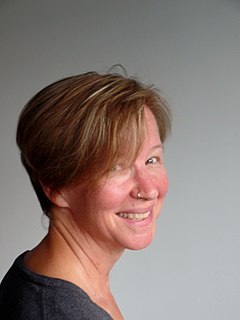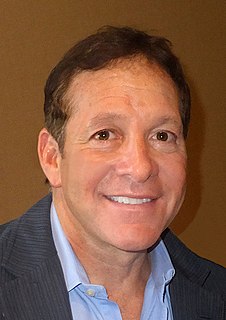A Quote by P. D. James
Read widely and with discrimination. Bad writing is contagious.
Quote Topics
Related Quotes
I don't think there are any secrets to writing in the - everybody has their own techniques. You must be widely read, that's one thing, because you have to resolve a tremendous amount of background information. Also, you should know what the competition is writing, just so you're not wasting your time doing the same thing. Unless you do it better, of course.






































